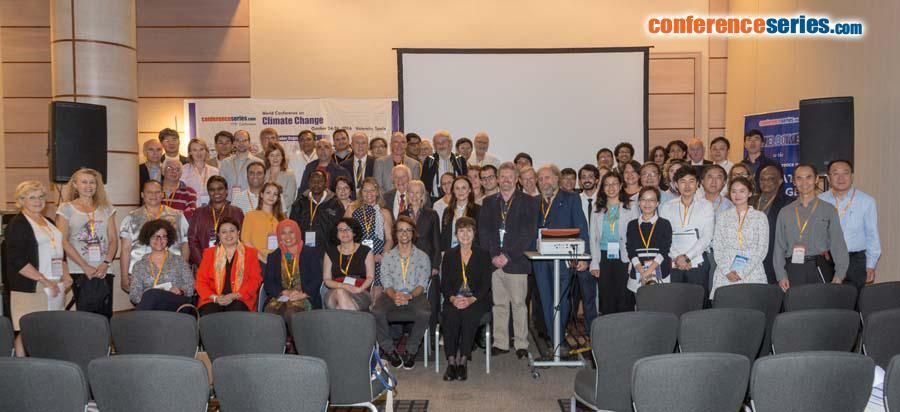
Getachew Agegnehu
James Cook University, Australia
Title: Biochar, compost and biochar-compost: Influences on yield performance, soil qualityand greenhouse gas emissions in agricultural soils
Biography
Biography: Getachew Agegnehu
Abstract
Soil nutrient depletion, declining agricultural productivity and climate change due to increased greenhouse gases emissions threaten the ecology and sustainability of agricultural production in the tropics and subtropics. This study investigated the effects of biochar and compost, applied individually or together, on soil fertility, crop yield and greenhouse gas (GHG) fluxes in tropical agricultural Ferral-sols of north Queensland, Australia. The treatments comprised 1) control; 2)10 t ha-1 biochar; 3) 25 t compost ha-1; 4) 2.5 t biochar ha-1 + 25 t compost ha-1 mixed on site; and 5) 25 t ha-1 biochar and compost composted together (COMBI). Application of biochar, compost and their mixture increased peanut yield by 17-24% and maize yield by 10-29% compared to fertilizer alone. Significant organic amendment-induced improvements to plant growth and soil available nutrients were observed. Biochar, compost and their mixture significantly improved the availability of plant nutrients, which appeared critical in improving crop performance. Soil organic carbon (SOC), soil water content, nitrate and ammonium contents were significantly higher in biochar treated plots than fertilizer alone, implying that potential exposure of nitrate and ammonium to the soil microbial community was significantly lower in biochar and COMBI plots compared to the fertilizer only and compost treatments. Emissions of CO2 were highest in the fertilizer treatment and lowest in the COMBI treatment, whereas N2O flux was highest in the fertilizer treatment and all amended plots reduced N2O flux compared to the control. In summary, applications of biochar and compost either singly or in combination have strong potential to improve SOC, soil nutrient status, soil moisture content crop yield and reduce GHG fluxes on tropical agricultural soils. However, the amount of conventional fertilizer that could be reduced and the resultant economic benefit because of addition of these amendments need further study for longer-term economic and environmental sustainability.

